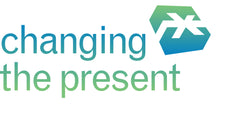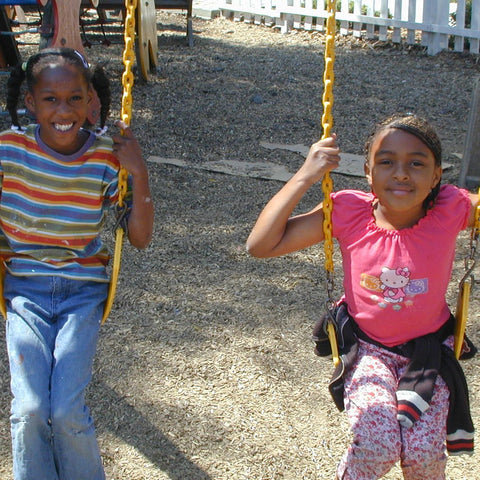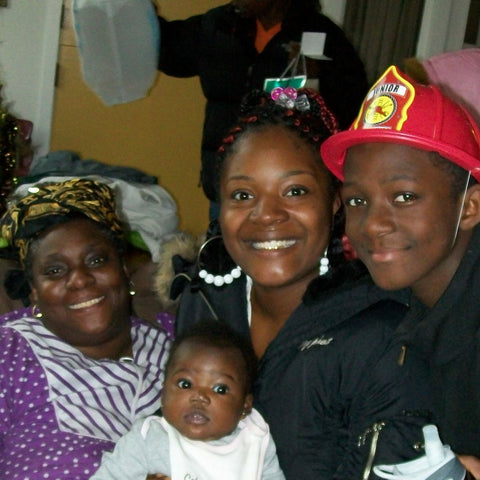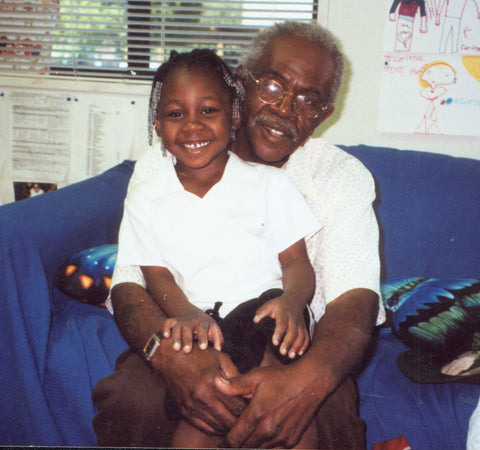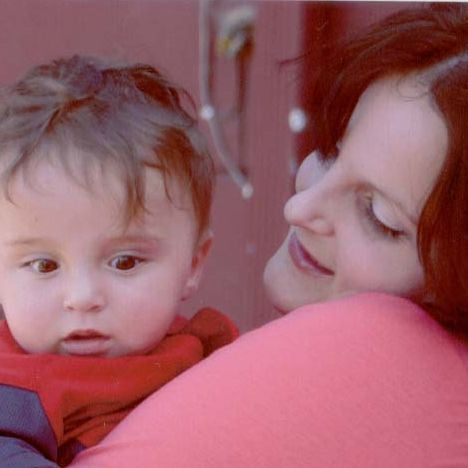Building Opportunities For Self-Sufficiency
See our GiftsOverview
Building Opportunities for Self-Sufficiency (BOSS) is a community-based nonprofit dedicated to helping homeless people turn their lives around. BOSS provides housing, health, economic development, and social justice services at a network of programs across Alameda County, California. We serve nearly 2,000 homeless people each year, each of whom have different needs, challenges, and strengths: BOSS is committed to meeting each person where they are, and helping them develop a personalized action plan to overcome homelessness and build new lives. For some, this may mean finding a job and a new home. For others, it may also mean finding medical treatment or therapy, re-enrolling in school, finding a drug/alcohol recovery support group, or reconnecting with family or other support networks. BOSS provides practical resources and information, as well as encouragement, hope, and a supportive community.
Mission
The mission of Building Opportunities for Self-Sufficiency (BOSS) is to help homeless, poor, and disabled people achieve health and self-sufficiency, and to fight against the root causes of poverty and homelessness.
History
Established in 1971, BOSS was created by a group of volunteers following the closure of state mental hospitals in California and the emergence of homeless mentally ill individuals on the streets of our communities. The then-small initiative provided street outreach, benefits advocacy, and referrals. Over the years the organization added programs, expanded to other cities, and grew as a leader in the field of homelessness, housing, and community-based health services.
Throughout our history, BOSS has maintained our focus on helping all homeless people, including those deemed the most high-risk or 'hard to serve', to build the skills and connections needed to live stable lives in the community, no matter what their disabilities or challenges.
Program
BOSS provides the following services at programs in Berkeley, Oakland, and Hayward, California:
HOUSING:
- Emergency shelters for single adults and families
- Transitional housing for families, adults with HIV/AIDS, and adults with multiple disabilities
- Permanent housing search and placement assistance
HEALTH
- Access to health care and health education
- Medications monitoring as needed
- Drug/alcohol recovery support
- Clinical case management for the severely disabled
- Drop-in services, peer support, and socialization
ECONOMIC DEVELOPMENT:
- Adult education, literacy classes, computer labs
- Job training, preparation, and search
- Job development with employers and job referrals
- Material aid (work clothes, transportation)
- Post-employment assistance
SOCIAL JUSTICE:
- Leadership development training
- Web outreach and community education (www.createpeaceathome.org)
- Community organizing action campaigns (welfare, housing, transportation, and other urgent issues)
All programs use an innovative methodology called Wellness & Empowerment: a structured, participatory approach designed to engage homeless people with multiple disabilities and barriers at a deep level -- creating environments and providing tools that motivate and support people to examine the roots of their situation, behaviors, and choices, in order to develop and pursue a wellness-centered path out of homelessness that supports long-term health and stability.
Wellness & Empowerment is based on 5 principles:
• Community: The importance of community to our lives, engagement, coping ability, sense of belonging and purpose, and long-term wellness.
• Partnership: The way we combine strengths, share responsibility, provide mutual support, and create peaceful shared solutions to personal and community problems.
• Accountability: The importance of acting with integrity, self-awareness, and responsibility, and taking charge of our lives and decisions.
• Dignity of Risk: The foundation of our learning environment—the process of moving out of our comfort zones to try new ideas, new tools, and different action steps. Dignity of Risk views any action, whether or not it results in a desired outcome, as a potential learning opportunity.
• Alliance: The role of a circle of supportive relationships, connections, and resources to help us sustain wellness and achieve our goals as people move to independent living.
Staff and participants apply these principles to target achievable, stage-appropriate steps to learn, build skills, and pursue individualized goals along six Self-Sufficiency Tracks: Housing, Income Security, Family & Community, Prevention, Health, and Purpose.
Impact
BOSS's work has had a multi-fold impact on our community:
SAFETY NET: BOSS's network of programs across Alameda County serve nearly 2,000 people each year, or nearly 1/3 of the County's entire homeless population. This is a large portion of the local human service safety net -- BOSS is heavily relied upon by public agencies, faith-based and private service providers, courts and jails, hospitals, and other agencies that serve the poor and disenfranchised.
MODEL PROGRAMS: For nearly four decades, BOSS has created new and innovative programs as the needs of our population have changed. BOSS was among the first agencies to provide shelter and special needs housing for homeless people with disabilities, including HIV/AIDS ~ adult education classes and youth education programs on-site in shelters ~ job training and employment readiness programs targeting the homeless and chronically unemployed ~ and more. BOSS programs have been studied, observed, and researched by other organizations around the Bay Area, state, country, and internationally.
SYSTEMS CHANGE: Finally, BOSS is a leader among human service providers for its commitment to social change work -- BOSS is one of the largest organizers of our constituency in policy action campaigns, sits at the tables of community planning forums throughout the region and state, and is a vocal proponent against policies that threaten homeless people's civil and human rights and for the creation of effective and long-term solutions to homelessness.
Goals
This year BOSS has identified key goals in each of our strategic areas: Housing, Health, Economic Development, and Social Justice.
HOUSING: Rapid Housing.
BOSS will continue to implement and learning from the new paradigm in the homelessness field, "Housing First" or "Rapid Housing", which says that people should be placed in permanent housing right away and services provided after they are housed, rather than the reverse. The model is challenging when housing people quickly who have serious mental health or substance abuse issues: BOSS is striving for solutions that address these difficulties.
HEALTH: Family/child health, people with co-occurring disorders.
BOSS intends to improve our health outcomes with families (mainly headed by single women) and children, who face additional pressures that single adults do not -- domestic violence, women's health issues, child development issues, and more. In addition, we will expand our partnerships with community health providers (hospitals, nurses, etc.) to better serve people with co-occurring disorders.
ECONOMIC DEVELOPMENT: Opportunities for people with co-occurring disorders.
BOSS intends to expand vocational resources and work opportunities for all people who want to work, including those with disabilities. We are also striving to stay abreast of workforce development opportunities emerging from the economic stimulus package.
SOCIAL JUSTICE: GA cuts, transportation justice, civil rights.
Pressing issues this year include transportation justice (affordable transportation is identified by our participants as one of the largest barriers they face to jobs and housing), fighting welfare cuts, and protecting homeless people's civil rights.
CEO
Boona Cheema was born in 1945 in Peshawar, India, and migrated from the newly separated Pakistan with her family at age two. At an early age she was exposed to the trauma created in a generation which included the loss of some 1 million lives. In 1969 Boona spent time working with napalm burned children in then South Vietnam. In 1971 Boona immigrated to the United States and quickly became engaged in working with homeless people with chronic mental illness. She has done this work consistently since that time, going to work for a small street outreach project that grew under her leadership into an award-winning County-wide organization dedicated to ending homelessness — Building Opportunities for Self-Sufficiency (BOSS).
In the U.S., boona helped develop policy and direct action strategies by working in partnership with a broad range of organizations and coalitions, including those dedicated to housing, health, youth, families, mental health, poverty, and urban development. She has served on the Boards of Directors of Center for Independent Living, Housing California, Non Profit Housing Association, and others, and served as advisor to the Robert Wood Johnson Foundation and Global Exchange. Internationally, Boona has served on the Boards of Directors for Oxfam America, SEVA Foundation, and Food First. She provides ongoing mentoring and technical assistance to young Executive Directors to help secure the future, including Conrad House in San Francisco, First Place Fund for Youth, and Sports 4 Kids.
Boona’s work has been recognized with awards from the San Francisco Foundation, Anti-Defamation League, President Bush’s Points of Light, National Peace Institute, National Women's Political Caucus, and others.
Board
Jill Knowland, President
Glenn Clark, Vice President
Dan Scarola, Treasurer
Devaki Chandra, Secretary
Carmen Angelandretti
John E. Cummings
Kate DeYoe
Roman Fan
Cheryl Fragiadakis
Loren Jones
Dori Reed
Wilson Riles
William White
Countries
United States
States
California
Contact
2065 Kittredge Street, suite E
Berkeley, CA 94704-1404
Phone: (510) 649-1930
www.self-sufficiency.org
EIN: 51-0173390
Regular price $5000 $50.00
This gift will provide backpacks, books, folders and pencils, calculators, and other supplies that all kids need to complete homework, keep up with their peers, and feel 'normal' and supported in the classroom and at home. Assistance provided to kids with this gift include the supplies and materials described here, as well as additional learning support that may be needed to address the kids' learning...
Regular price $10000 $100.00
This gift will provide help with small items that make a big impact on health. Assistance provided may include paying for prescriptions or over-the-counter medications (cold/flu, asthma, nutrition supplements, pain relievers) that homeless and very poor people cannot afford. It may also include home exercise items (exercise tubs or fitness balls), air cleaners/purifiers, humidifiers, or other household items that help people maintain safe and healthy...
Regular price $2000 $20.00
This gift will provide transportation assistance to homeless seniors so they can get around in the community and meet daily health and household needs, connect with family and friends, and maintain a high quality of life. Assistance provided may include discount senior bus passes, train, commuter rail or BART fare, or taxi vouchers. This gift will help very low income seniors maintain a high level...
Regular price $50000 $500.00
This gift will provide move-in assistance to help a homeless family or individual who has located affordable housing and is ready to move in, but does not have savings for move in costs. Move in assistance may include first or last month's rent, security deposit, mover expenses, furniture and household items, linens and bedding, games and toys for kids, or food and kitchen items to...
